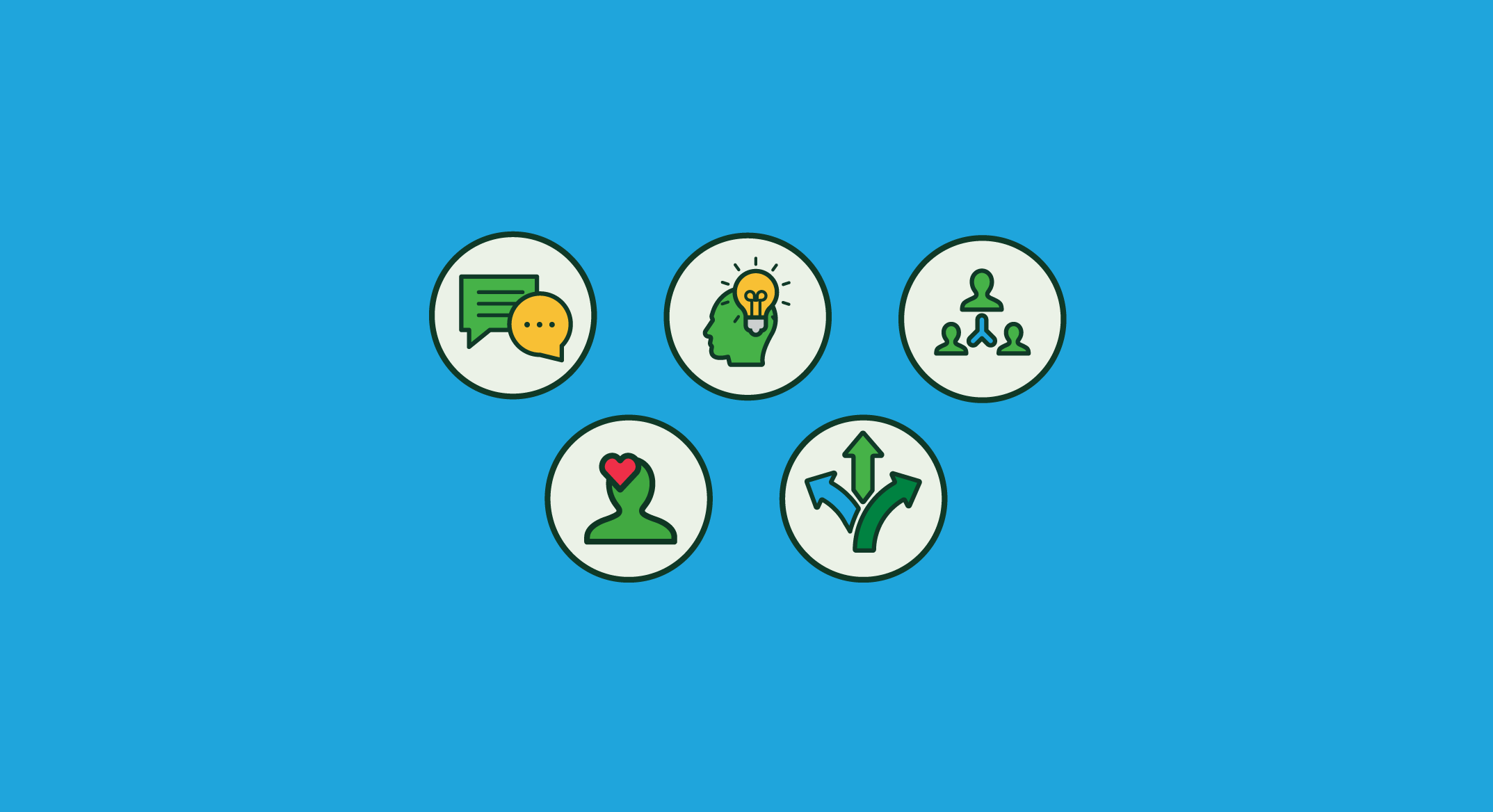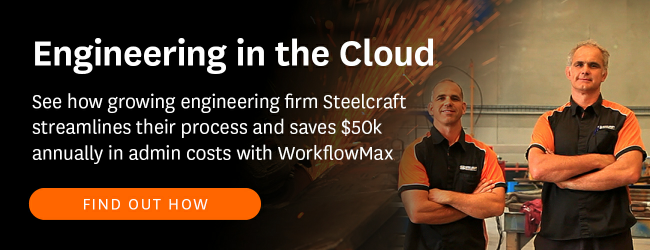When you're hiring for your engineering firm, what are the skills the separate a good candidate from a great candidate?
Engineers clearly need to have specific technical skills and knowledge to do their job (dependent on the needs of your firm), but they also need to have a host of "soft" skills to work successfully with people and ideas.
The role of an engineer often calls for job management, managing a team, interacting with colleagues and customers, and communicating with suppliers and colleagues.
To help you identify the great engineering candidates in your talent pool, we've listed the five essential non-technical skills you should be looking for.
Editor's note: This blog post was updated from its original version on 21 May 2020.
Break out of the mould of logical thinking
Engineers typically tend to be left-brained dominant, however good leadership also calls for right-brain qualities, or ‘soft skills’. Personally, I don’t like the term ‘soft skills’. I feel like it doesn’t project qualities of being strong and successful. So, let’s call them non-technical skills instead.
Here are 5 essential non-technical skills that you should be looking for in your engineering candidates to ensure that your firm builds a successful and well-performing team:
1. Communication
Strong writing skills, as well as the ability to communicate verbally clearly and with confidence in a range of situations - both online and in-person - is critical. After all, a breakdown in communication in the engineering field could spell a costly disaster. But communication doesn’t just mean the ability to string more than a few sentences together. It also includes the intangible skill of being able to adapt communication style depending on the situation, while still expressing yourself professionally.
Ask:
- Give me an example of where you felt that you hadn’t communicated effectively. How did you deal with this situation?
- Describe a time when you had to use your written communication skills to get a point across
- Describe a situation where you were able to influence others on an important issues, what approaches or strategies did you use?
- Tell me about a time when you successfully dealt with conflict
2. Creativity
Creativity sparks innovation. Your company depends on these new ideas for products and services that keep you relevant. Creative thinking is also just as vital to problem solving situations as technical acumen is. Therefore, a creative, fast-thinking candidate who is not afraid to challenge the status quo will be invaluable to your business.
Ask:
- Tell me about a project you were involved in where you felt that a conventional approach would not be suitable. What challenges did you face and how did you address them?
- Tell me about a time when you had to convince a senior colleague or manager that change was necessary. How did you approach this?
3. Flexibility
Engineering is an industry that is rapidly being reshaped by technology. Working in an environment in which you must change in order to keep up means you need employees who are open and accepting of unexpected or alternative ways of doing things. Get a team onboard who can demonstrate their adaptability and willingness to seek and implement new solutions.
Ask:
- Give me an example of a situation where you initial approach failed and you had to change your approach.
- Describe a situation where you were asked to do something that you had never previously attempted.
- Describe a situation where you were asked to change your approach part-way through a project or task.
4. Collaboration
The internet has changed the way we work. Connectivity means engineers are experiencing an increasing requirement to collaborate on a global scale. It’s possible that your potential employees may be required to work on a project with a team on the other side of the world. How will they cope firstly with managing a collaborative approach to a project within their own team, and secondly adapting to differences in language, culture and working style with external stakeholders?
Ask:
- Tell me about a time when you worked on a challenging team project
- Tell me about a time you collaborated with others to determine a course of action to achieve mutual goals
- Tell me about one of the toughest groups you’ve ever worked with. What made it challenging and how did you overcome these challenges?
5. Emotional Intelligence
Emotional intelligence relates to being able to understand your own emotions, and read and react to the emotions of others appropriately. Organisations with high EI levels have a competitive advantage - they have better customer service, improved communication, better teamwork and morale and improved employee retention. Interview questions should focus on how the candidate manages themselves and manages their relationships with others.
Ask:
- What is one of your weaknesses? What measures do you undertake to overcome this?
- Describe a time when a colleague came to you with a problem. How did you respond?
- Tell me about a time when you received feedback on your performance and you disagreed with the feedback. How did you handle the situation?
WorkflowMax all-in-one job management software will help your engineering firm manage projects from lead to time tracking to reporting and everything in between.
Subscribe to our newsletter to get tips and best practices for improving business operations, streamlining project management, and much, much more!







